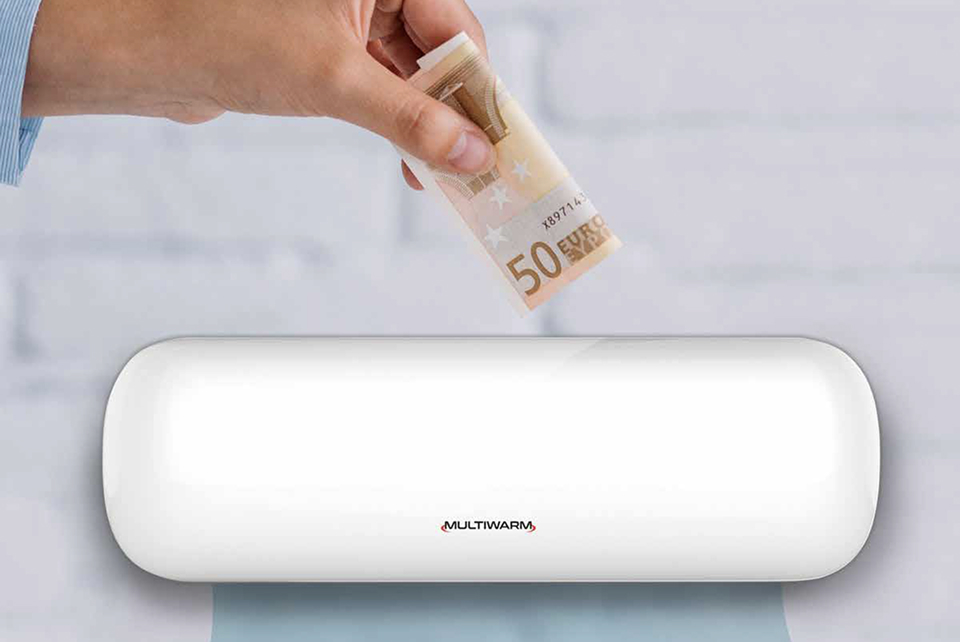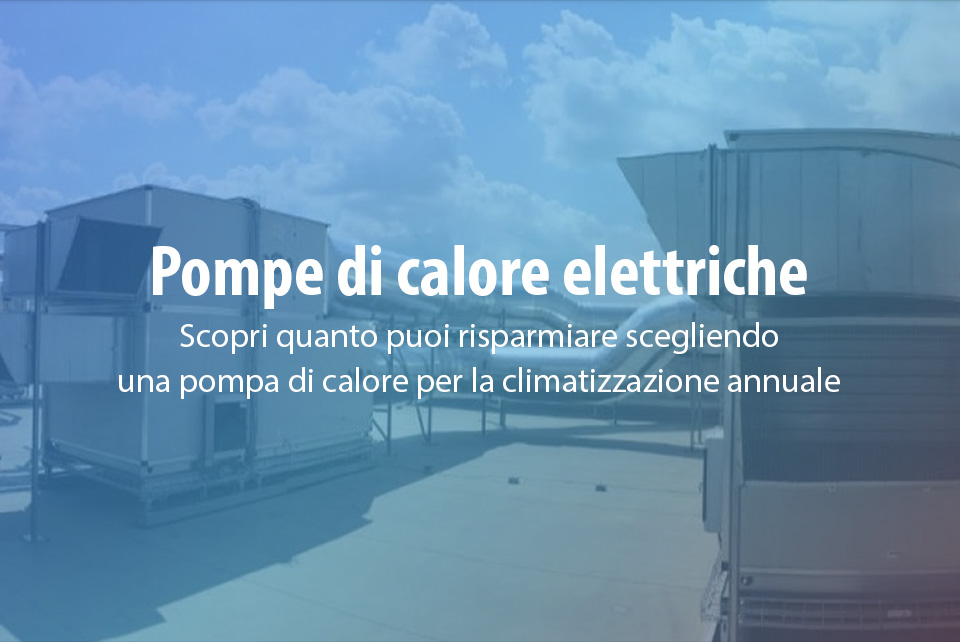
How to save on air conditioner consumption
Air conditioning, electricity bills and national energy dependence
For several months now, the national debate has focused on energy supply. Recent terrible events have forced our government to take drastic decisions on the country’s energy future, diversifying its sources of hydrocarbon purchases on the one hand and promoting the conscientious use of resources on the other.
Citizens are suffering the consequences of the energy crisis that began with the scarcity of resources due to the rapid post-COVID recovery, compounded by geopolitical tensions, with gas and hydrocarbons being used as weapons to put pressure on the West.
In this climate of general unrest, it is becoming increasingly important to make the right decisions and take the most appropriate actions to overcome the crisis looming on the horizon.
ENEA’s advice
It is possible to save on bills, protect the environment and reduce dependence on methane imports. This can be achieved through the intelligent use of air conditioning, both at home and in the workplace.
ENEA, the Italian National Agency for New Technologies, Energy and Sustainable Economic Development, has issued a series of recommendations for ‘smart’ summer consumption.
Setting the indoor temperature to 28°C instead of 26°C and closing the shutters when you are not at home, for example during the day when you are at work or in rooms that are not in use, can lead to savings of up to 50% on electricity consumption. In particular, it is essential to shield windows facing south and west. If all Italian households applied these two simple measures, electricity consumption for air conditioning could be reduced by up to 50%.
Enea’s plan promotes the use of A+++ class air conditioners which, combined with solar panels, could save Italy 1.8 billion cubic metres of gas per year, resulting in a reduction in energy dependence on foreign countries.
Replacing an old class D air conditioner with a class A+++ one, such as Air Ultra Plus, can reduce consumption by up to 60%.
A significant saving in methane consumption, equal to 1.7 billion m3 per year, can be achieved by installing solar thermal panels for domestic hot water production. MW Hybrid is the ideal system for this purpose, providing winter heating, summer air conditioning and domestic hot water production, including heat recovery, in a single system. If 80% of households living in single-family homes and 20% of those living in apartment buildings used solar thermal panels in combination with a DHW production system, approximately 175 cubic metres of gas could be saved, considering an average consumption of 25 cubic metres per month.




